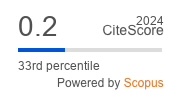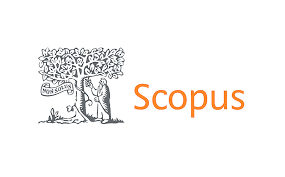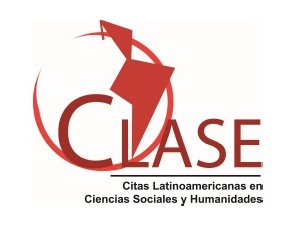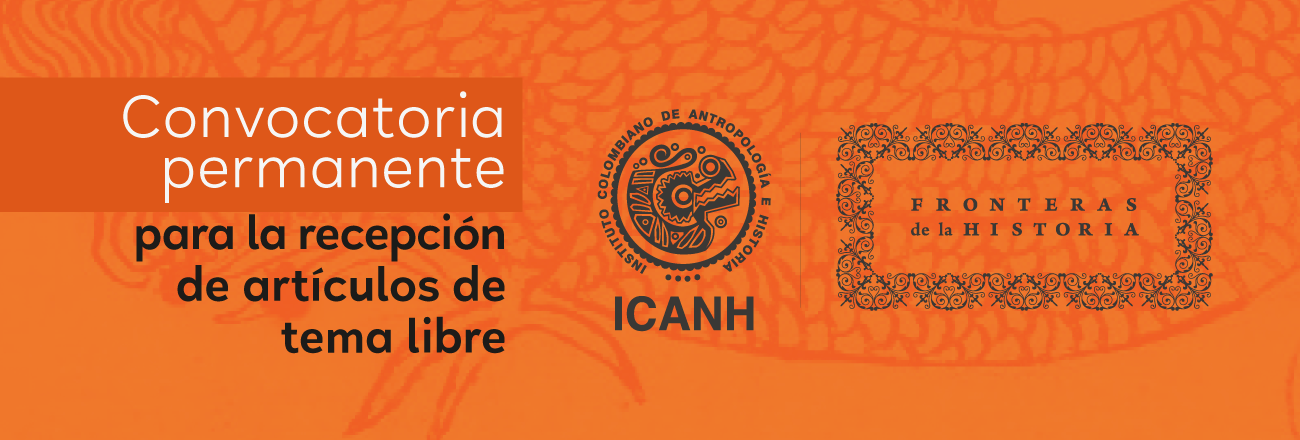”Un sentimiento general del mundo”: El Encuentro de la Canción Protesta, cosmopolitanismo cubano y la música como arma revolucionaria (1967-1970)
Resumen
Esta investigación analiza el proyecto del gobierno cubano por consolidar globalmente una influencia cosmopolita en el primer y el tercer mundo, utilizando la música popular, particularmente de protesta, como una herramienta de difusión de ideas políticas y sociales. A través de su institución cultural, Casa de las Américas, en 1967, se organizó “El Encuentro de la Canción Protesta”, un encuentro mundial en Cuba con músicos de Asia, Estados Unidos, América Latina, Europa y África. Este evento tuvo como objetivo impulsar a los músicos que asistieron al Encuentro a definir el potencial revolucionario de la música popular. Después de esta reunión internacional, se propusieron crear un repertorio, es decir, un conjunto de canciones que se intercambiaron, aprendieron y tradujeron a una variedad de idiomas, pero que conservaron sus sonoridades de origen folclórico. Este evento consolidó un mercado global de música de izquierda y, también, configuró una red de solidaridad de músicos que defendían el rol de música popular como un arma revolucionaria.
Descargas
Citas
Anderson, M. (2002): “folk music” Sandra Buckley (Ed.) Encyclopedia of Contemporary Japanese Culture, Londres, Routledge.
Alten, M. (2012): “Le Chant du Monde: une firme discographique au service du progressisme (1945-1980)” Ilcea, 16, pp. 1-12. DOI : https://doi.org/10.4000/ilcea.1411
Álvarez, A. y Rey Tristán, E. (Eds.), (2017): Revolutionary Violence and the New Left, Londres, Routledge.
Barr-Melej, P. (2017):Psychedelic Chile: Youth, Counterculture & Politics on the Road to Socialism and Dictatorship, Chapel Hill, University of North Carolina Press.
Bermani, C. (1997): Una storia cantata, 1962–1997: trentacinque anni di attività del Nuovo canzoniere italiano-Istituto Ernesto de Martino, Milán, Jaca Books.
Black, A. (2018): “Canto Libre. Folk Music and Solidarity in the Americas, 1967-1974”, en J. Stites Mor y M. Suescun, eds., The Art of Solidarity. Visual and Performative Politics in Cold War Latin America, Austin, University of Texas Press, pp. 117-145.
Cocculuto, S. (2012): Il tempo della musica ribelle: da Cantaronache ai grandi cantautori italiani. Roma, Stampa Alternativa.
Cohen, R. y Donaldson, R. (2014): Roots of the revival: American and British Folk Music in the 1950s, Urbana, University of Illinois Press.
Fairley, J. (2013):, ““There Is No Revolution Without Song”: ‘new song’ in Latin America” en B. Kutschke y B. Norton, eds., Music and Protest in 1968. New York, Cambridge University Press, pp. 119-136
Filene, B. (2000): Romancing the folk. Public Memory & American Roots Music, Chapel Hill, University of North Carolina Press.
García, F. (2009): “In Memoriam: Harold Gramatges (1918-2008) y Juan Blanco (1919-2008),” Revista Musical Chilena, 211, pp. 108-109.
García, I. (2019): “Harold Gramatges: Intinerario de un Músico-Gestor”, El Sincopado Habanero: Boletín del Gabinete de Patrimonio Musical Esteban Salas, IV, pp. 4-9.
Gosse, V. (1993): Where the Boys are. Cuba, Cold War America and the Making of a New Left, Nueva York, Verso.
Hollander, P., (2017): Political Pilgrims: Western Intellectuals in Search of the Good Society, Nueva York, Routledge.
Iber, P. (2015): Neither Peace Nor Freedom: The Cultural Cold War in Latin America, Cambridge, Harvard University Press.
Jian, C., et al. (Eds.) (2018): The Routledge Handbook of the Global Sixties: Between Protest and Nation-Building, Londres, Routledge.
Kunzle, D. (1997): Che Guevara: Icon, Myth, and Message, Los Angeles, UCLA Fowler Museum of Cultural History.
Manzano, V. (2014): The Age of Youth in Argentina, Culture, Politics, and Sexuality from Perón to Videla, Chapel Hill, University of North Carolina Press.
Markarian, V. (2016): Uruguay ’68: Student Activism from Global Counterculture to Molotov Cocktails, Berkeley, University of California Press.
McSherry, J. P. (2017): La Nueva Canción Chilena: El poder político de la música, 1960-1973, Santiago, LOM.
Moore, R. (2006): Music and Revolution. Cultural Change in Socialist Cuba, Berkley, University of California Press.
Murlaski, J. (2014): Music, Politics, and Nationalism in Latin America, Amherst: Cambria Press.
Portelli, A. (2009): “Lookin’ for a Home. Independent Oral History Archives in Italy”, en F. Blouin Jr y W. Rosenberg, eds., Archives, Documentation, and Institutions of Social Memory, Ann Arbor, The University of Michigan Press.
Prashad, V. (2007): The Darker Nations: A People’s History of the Third World, Nueva York, The New Press.
Rey Tristán, E. y Gracia Santos, G. (2017): “The Role of the Left-Wing Editors on the Diffusion of the New Left Wave: The Case of Giangiacomo Feltrinelli”, en A. Martin Alvarez y E. Rey Tristán, eds., Revolutionary Violence and the New Left: Transnational Perspectives, Nueva York, Routledge, pp. 89-109.
Rivera, A (1984): Transformaciones de la Industrial Musical en Chile, Santiago, CENECA.
Rojas, J. y Rojas, G. (2007): “Auditores, lectores, televidentes y espectadores. Chile mediatizado. 1973-1990,”, en Rafael Sagredo y Cristián Gazmuri, comps., Historia de la vida privada en Chile, volumen 3, Santiago, Taurus.
Sedlmaier, A. (Ed.) (2022): Protest in the Vietnam War Era, Suiza, Palgrave Macmillan.
Slobodian, Q. (2012): Foreign Front. Third World Politics in Sixties West Germany, Durham, Duke University Press.
Suri, J. (2005): Power and Protest: Global Revolution and the Rise of Détente, Cambridge, Harvard University Press.
Stanley, G. (1955): “Dien Bien Phu in Retrospect,” International Journal, Vol. 10, No. 1.
Schmiedecke, N. (2014): “La influencia de DICAP en la Nueva Canción Chilena”, en E. Karmy y M. Farías, eds., Palimpsestos sonoros: Reflexiones sobre la Nueva Canción Chilena, Santiago, CEIBO.
Stevens, C. (2009): Japanese Popular Music. Culture, authenticity, and power, Londres, Routledge.
Taffet, J.: (2004) “My Guitar is Not For the Rich”: The New Chilean Song Movement and the Politics of Culture”, Journal of American Culture, 20, pp. 91-103
Wald, E. (2015): Dylan Goes Electric! Newport, Seeger, Dylan, and the Night That Split the Sixties, Nueva York, Dey St.
Young, C. (2006): Soul Power. Culture, Radicalism, and the Making of a U.S. Third World Left, Durham, Duke University Press.
Zolov, E. (2008): “Expanding our Conceptual Horizons: The Shift from an Old to a New Left in Latin America”, A Contra Corriente, 5, 2, pp. 47-73. Disponible en web: https://acontracorriente.chass.ncsu.edu/index.php/acontracorriente/article/view/585
Zolov, E. (2014): “Introduction: Latin America in the Global Sixties”, The Americas, 70, 3.
Zolov, E. (2020): The Last Good Neighbor, Mexico in the Global Sixties, Durham, Duke University Press.
Derechos de autor 2023 Germán Morong

Esta obra está bajo licencia internacional Creative Commons Reconocimiento-NoComercial-CompartirIgual 4.0.

Esta obra está bajo licencia internacional Creative Commons Reconocimiento-NoComercial-CompartirIgual 4.0.









_18.09_.00_1.png)




















